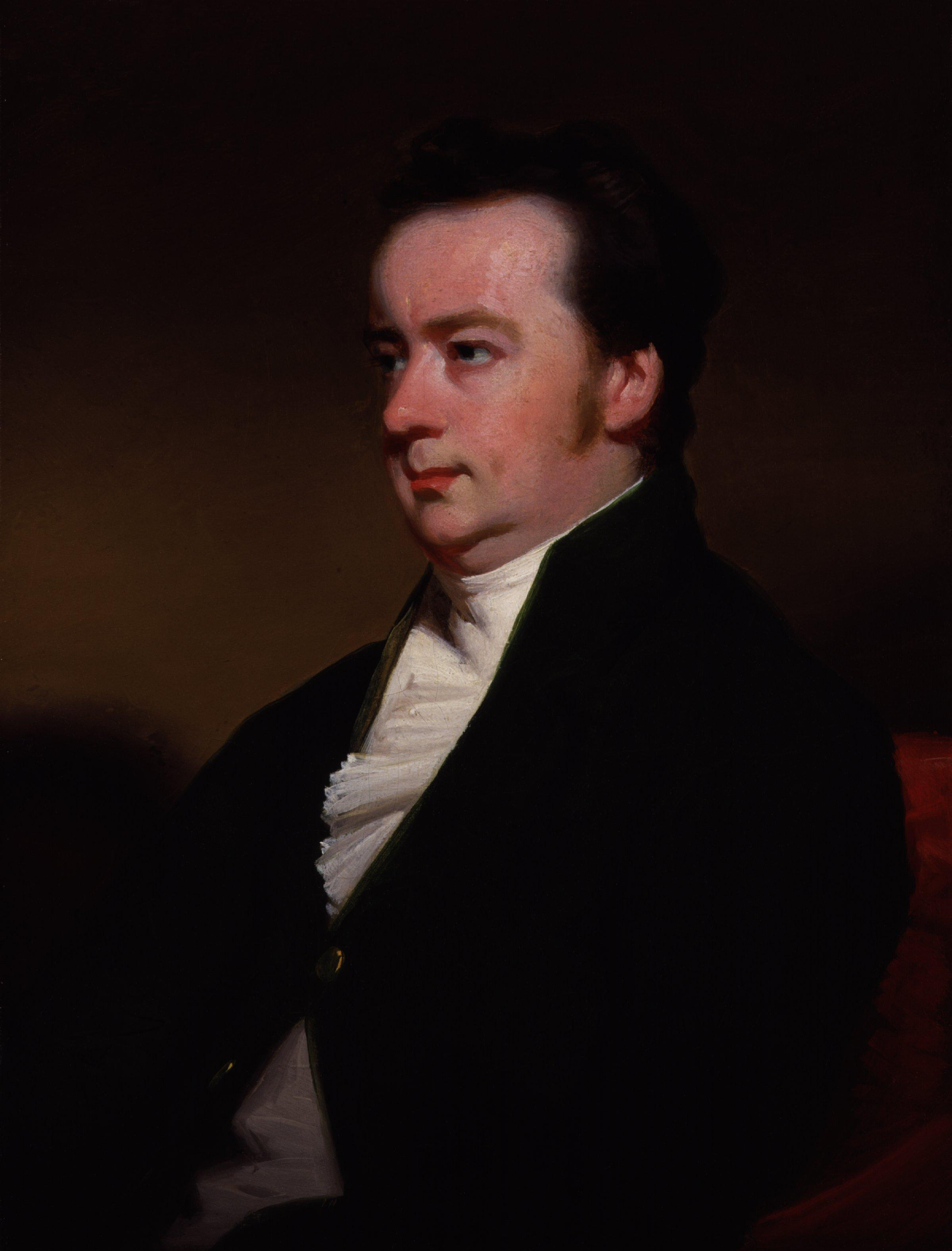
Charles Metcalfe, 1st Baron Metcalfe
Charles Theophilus Metcalfe, 1st Baron Metcalfe, GCB PC (30 January 1785 – 5 September 1846), known as Sir Charles Metcalfe, Bt between 1822 and 1845, was a British colonial administrator. He held appointments including acting Governor-General of India, Governor of Jamaica and Governor General of the Province of Canada.[1][2]
The Lord Metcalfe
Victoria
Office created
The Lord Auckland
Lord William Bentinck
Office created
30 January 1785
Calcutta, Bengal Presidency
Early life and background[edit]
Metcalfe was born on 30 January 1785 in Lecture House, Calcutta then part of the Bengal Presidency.
He was the second son of Thomas Metcalfe and Susannah Selina Sophia Debonnaire. His father first went to India in 1767 as a cadet in the British Army, and at the time of Metcalfe's birth was serving as a major in the Bengal Army. He later became a Member of Parliament, director of the British East India Company and was created a baronet on 21 December 1802.[3][4] Thomas Metcalfe married Susannah in Calcutta in 1782. She was the daughter of merchant John Debonnaire, a trader at Fort St. George, Madras, who subsequently settled at the Cape of Good Hope. It was her second marriage, her first being with Major John Smith in Madras from 1776 until his death. His parents returned to England shortly after the birth of their son.[5][6]
Metcalfe's elder sister was Emily Theophila, later becoming the Viscountess Ashbrook.[7] A younger brother, Thomas, also went on to achieve distinction as a civil servant with the East India Company.
Education[edit]
Metcalfe spent four years at Eton College in Berkshire, before arriving in Bengal on 1 January 1801, a month before his sixteenth birthday.[8] He then studied Oriental languages as the first student at Lord Wellesley's Fort William College.
Canada[edit]
Six months afterwards he was appointed by the Peel ministry to the post of Governor General of the Province of Canada with instructions to resist further development of responsible government. A clash soon emerged between Metcalfe and the leaders of the legislative assembly, Robert Baldwin and Louis-Hippolyte Lafontaine. Despite suffering from worsening cancer, he fought to preserve the prerogatives of the Crown and the governor's control over the administration and patronage. He nonetheless had to make some concessions to win support, and the most notable of these was persuading the Colonial Office to grant amnesty to the rebels of 1837-38, and to abandon forced anglicization of the French-speaking population.
Final years[edit]
Metcalfe's success in Canada carrying out the policy of the home government was rewarded with a peerage shortly after his return to England, with the title Baron Metcalfe, of Fern Hill in the County of Berkshire in 1845.[12] But his success did not endure and responsible government would be conceded by his successor James Bruce, 8th Earl of Elgin. Metcalfe died of skin cancer at Malshanger in Oakley, near Basingstoke, on 5 September 1846.[8] His residence was however at Fernhill Park in Winkfield, near Windsor and it was in the parish church there that he was buried.
Personal life[edit]
When in Lahore, Metcalfe began a relationship with a Punjabi Sikh woman who bore him three sons.[13] Metcalfe was open about this relationship, and sent all three sons to England to be educated.[8] One of his sons, James Metcalfe, became a Lieutenant-Colonel in the Bengal Army.